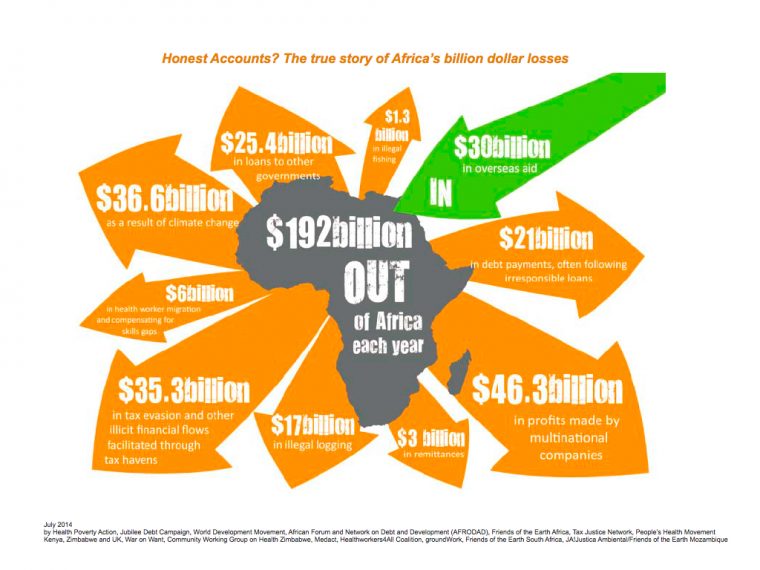This blog shares some key learning points that may contribute to a broader Illicit Financial Flows agenda (IFFs) for civil society from the High Level Panel on Illicit Financial Flows recently held in Pretoria, South Africa.
Some of the key learning points include the importance of understanding the seemingly elusive phenomenon of IFFs, the magnitude of the problem, the socio-economic impact, the enablers and causes as well as the measures being taken to stop the illicit flows.
The major emphasis was the need to shift focus from compliance to implementation. While good laws and regulations are important, however, interest should be on how national authorities should use the power they have.
Before going into the gist of the conference presentations and discussions, it will be remiss not to share some attention-grabbing snippets from the keynote address given by Pravin Gordhan, South Africa (SA)’s Minister of Finance.
The keynote address gave a timeline of SA’s fight against IFFs. As a passionate development practitioner, I was challenged to take stock of and reflect on major events and various initiatives taken by my country Zimbabwe to stem illicit flows.
Likewise, the challenge equally applies to Civil Society Organisations (CSOs) with interest in sustainable development and poverty eradication initiatives.
Some key talking points in SA’s timeline on efforts taken to curb IFFs include the acknowledgement in 1994 that IFFs were a major threat to South Africa’s development agenda.
In 1995, Transfer Pricing (TP) legislation which enabled profits to be taxed where value is created was enacted.
Continued next page
(266 VIEWS)







0 Comments